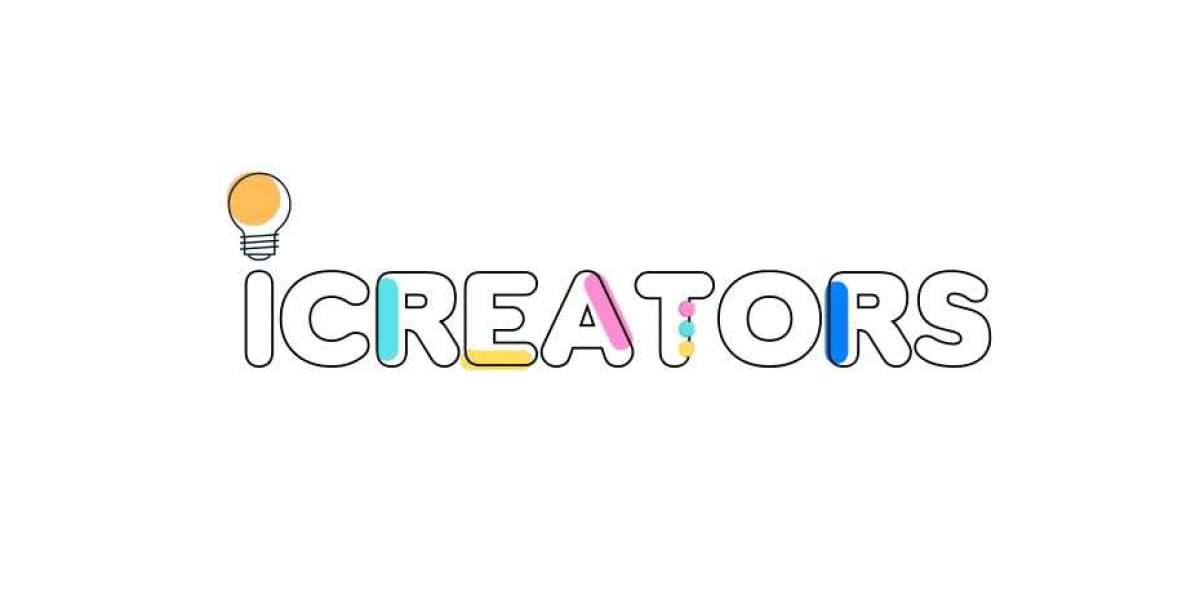In the world of business financing, securing a loan can often feel like a daunting task, especially for entrepreneurs with bad credit. Bad credit business loans are designed to help these individuals access the capital they need to grow and sustain their businesses despite their less-than-ideal credit scores. This article will delve into the intricacies of bad credit business loans, exploring their types, eligibility requirements, potential lenders, and tips for improving your chances of approval.
What Are Bad Credit Business Loans?
Bad credit business loans are financial products specifically tailored for entrepreneurs who have a credit score below the traditional threshold of 650. These loans can be used for various purposes, including purchasing inventory, covering operational expenses, or investing in marketing efforts. The key feature of these loans is that they provide access to funding when conventional lenders may decline applications due to poor credit history.


Types of Bad Credit Business Loans
- Short-Term Loans: These are typically smaller amounts that need to be repaid within a year. They are ideal for businesses that need quick access to cash for immediate expenses. However, they often come with higher interest rates.
- Merchant Cash Advances (MCAs): This type of financing allows businesses to receive a lump sum of cash in exchange for a percentage of future credit card sales. While it can be a quick option for businesses with fluctuating sales, the costs can be significantly higher than traditional loans.
- Financing: This allows businesses to borrow against their outstanding invoices. It’s a good option for companies that have clients who take time to pay their bills, as it provides immediate cash flow.
- Microloans: Offered by nonprofit organizations, microloans are smaller loans aimed at startups and small businesses. These loans often come with more lenient credit requirements and can be a great starting point for entrepreneurs with bad credit.
- Peer-to-Peer Lending: This involves borrowing money from individual investors through online platforms. These loans often have more flexible terms and can be a viable option for those with bad credit.
Eligibility Requirements
While the eligibility criteria can vary among lenders, the following are common requirements for obtaining a bad credit business loan:
- Credit Score: Most lenders consider a credit score below 650 as "bad credit." However, some lenders may work with scores as low as 500.
- Time in Business: Lenders typically prefer businesses that have been operational for at least six months to a year, as this demonstrates stability.
- Annual Revenue: Many lenders require a minimum annual revenue to ensure that the business can handle repayment. This figure can vary widely depending on the lender.
- Business Plan: A solid business plan can enhance your chances of approval, as it shows lenders how you intend to use the funds and repay the loan.
Potential Lenders for Bad Credit Business Loans
- Online Lenders: Companies like Kiva, Fundera, and BlueVine offer various financing options for businesses with bad credit. They often provide a faster application process and flexible terms compared to traditional banks.
- Credit Unions: Local credit unions may offer loans to small businesses with bad credit. They often have more personalized services and may consider factors beyond just credit scores.
- Alternative Lenders: These lenders specialize in providing loans to high-risk borrowers. They may have higher interest rates but can be a good option for those who have exhausted other avenues.
- Government Programs: Some government-backed programs, like the SBA's Microloan Program, provide funding to small businesses, including those with bad credit. These loans may have more favorable terms and lower interest rates.
Tips for Improving Your Chances of Approval
- Improve Your Credit Score: Take steps to boost your credit score before applying. This can include paying off outstanding debts, disputing inaccuracies on your credit report, and making timely payments.
- Prepare Documentation: Gather all necessary documents, including tax returns, bank statements, and a well-structured business plan, to present a strong case to lenders.
- Consider a Co-Signer: If possible, having a co-signer with good credit can significantly improve your chances of securing a loan.
- Shop Around: Don’t settle for the first offer you receive. Compare rates, terms, and fees from different lenders to find the best deal for your business.
Conclusion
Navigating the world of bad credit business loans can be challenging, but it is not impossible. By understanding the types of loans available, knowing the eligibility requirements, and preparing a strong application, entrepreneurs can secure the funding they need to thrive. Whether you are looking to expand your business or simply cover operational costs, there are options available for those with bad credit. With the right approach and resources, you can turn your financial situation around and pave the way for future success.














